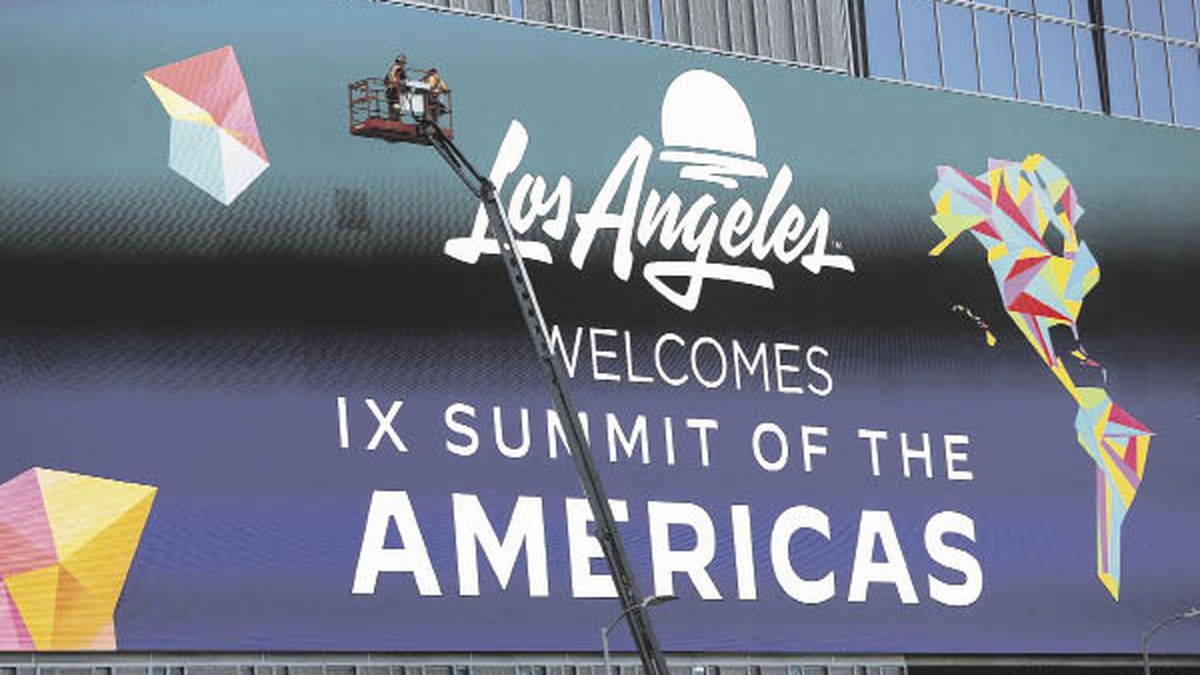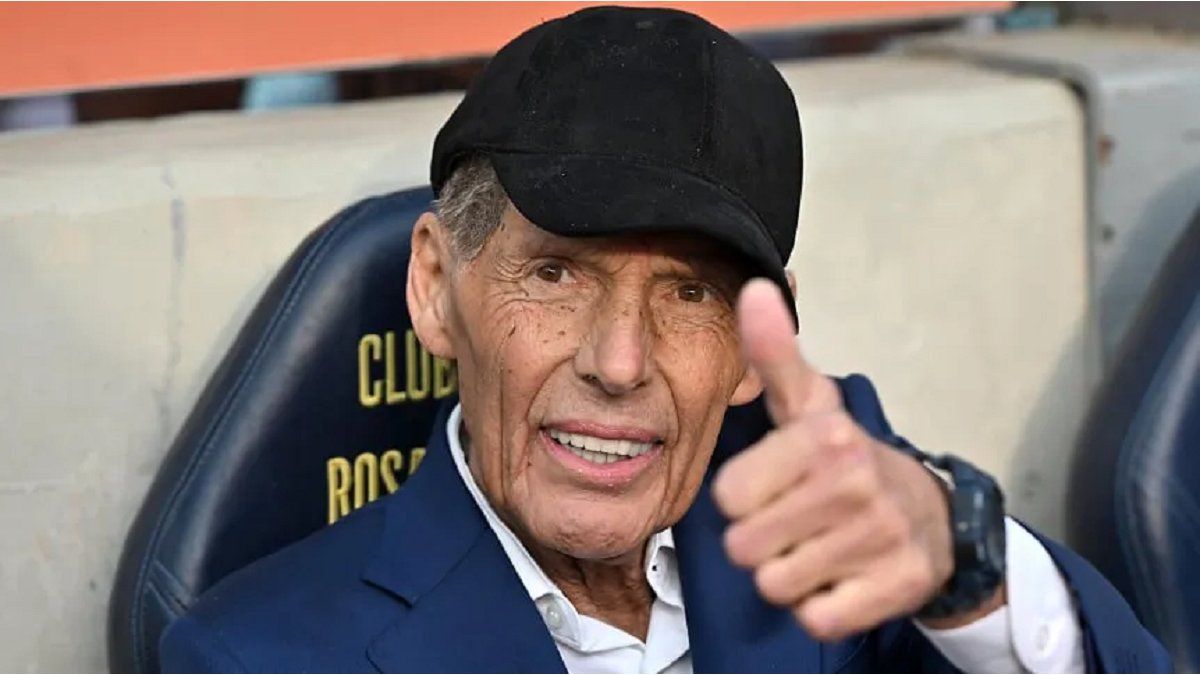Strictly speaking, in addition to the Mexican, other leaders will not attend in protest at the absence of Miguel Díaz-Canel, Nicolás Maduro and Daniel Ortega. They are the Bolivian Luis Arce and the Honduran Xiomara Castro. The Guatemalan Alejandro Giammattei will not be there due to a recent dispute with the White House, which deplored the confirmation of the attorney general, María Consuelo Porras, whom he considers colluding with corruption. The Uruguayan Luis Lacalle Pou will not be in the game for having been infected with covid-19. There are many defections, but not the fiasco that the State Department feared weeks ago.
Coordination
Fernández’s participation, as was said, was discussed with the Federal District and, in turn, triggered that of the Chilean Gabriel Boric. Pressured by Democrats and Republicans not to give in to the Latin American “axis of evil” in a meeting that has the preservation of democracy as one of its thematic axes, Biden acted while looking at both hemispheric politics and the mid-term elections of november. It will be necessary to see if the concern for the institutionality weighs so heavily on the bilateral relationship that it will maintain with the Brazilian Jair Bolsonaro, whose unfounded allegations of fraud a la Donald Trump turned on the warning lights of the State Department and the CIA, who fear that the elections of October lead to the destabilization of the South American giant.
Beyond the exclusions and sanctions against Cuba, Venezuela and Nicaragua, Fernández and the members of CELAC will raise their complaint for what they understand as an insensitivity of the United States, obsessed today by the war in Ukraine, the bid with Russia and the competition with Chinese.
Aware of these claims, Washington tried to heal itself by recently easing some of the sanctions reinforced by Trump against Havana and opening instances of dialogue with Caracas and even permits -very specific- for oil investment. With Nicaragua he does not have much to reconcile. Likewise, to demonstrate commitment, Vice President Kamala Harris announced yesterday, prior to the summit, investment plans for 1.9 billion dollars in Honduras, Guatemala and El Salvador, the so-called “northern triangle” of Central America. The gesture is in self-defense: the United States understands that this is a way to root local populations at a time when some 7,500 Central Americans try to enter every day as undocumented immigrants.
Apart from that, the tenor of the investments is revealing of the narrowness with which the power thinks its relationship with the region: it is about private bets, from companies such as the GAP textile, Millicom or Visa telecommunications, and among others. A State that is not a protagonist when it plays at home, hardly does it abroad.
This contrasts with what China, the emerging superpower, offers to gain influence in the region. The United States can turn around in the face of this fact, but it only offers vetoes and demands, sanctioning whenever it sees its interests compromised, while Beijing generates copious trade and investment, with turnkey financing, within the framework of the Belt and Road initiative. Route. Basically, CELAC’s claim about the American sin of omission would not be anything new if it did not have a special subtext today: without advantages, there is no valid anti-Chinese veto. The principle is correct, but the question is whether the different countries can support it in the facts, for example, the weakened Argentina: did anyone really believe that Fernández even considered absenting himself from the Los Angeles summit when his government will have to ask for help from Biden, sooner rather than later, in the face of breaches that are already intuited in the agreement with the International Monetary Fund?
Initiative
It is interesting, in this regard, that López Obrador has decided to keep the bridges to the United States passable by scheduling, in parallel to his current protest gesture -which confirms him as one of the great referents of Latin American progressivism-, an official visit the month comes. In it, he will propose to Biden that the United States should seek a hemispheric integration process, but not just any one, like the one that has united the two countries and Canada since January 1994, which served to multiply trade, but not to bring down endemic poverty in Mexico. On the contrary, he should be inspired by the process that generated the European Union, with large public investments in infrastructure and with deadlines and incentives for equitable convergence.
The idea is, at the same time, the signaling of a long-standing deficiency in the United States. Indeed, if that country had had for its neighborhood a conception as intelligent as those of Germany and France, which allowed centuries of wars to be buried and a future of prosperity to be illuminated for a continent, not only would the region probably have found a way to development, but rather that the superpower itself would not today suffer so acutely from problems such as drug trafficking and illegal immigration that afflict it so much.
Source: Ambito
David William is a talented author who has made a name for himself in the world of writing. He is a professional author who writes on a wide range of topics, from general interest to opinion news. David is currently working as a writer at 24 hours worlds where he brings his unique perspective and in-depth research to his articles, making them both informative and engaging.




